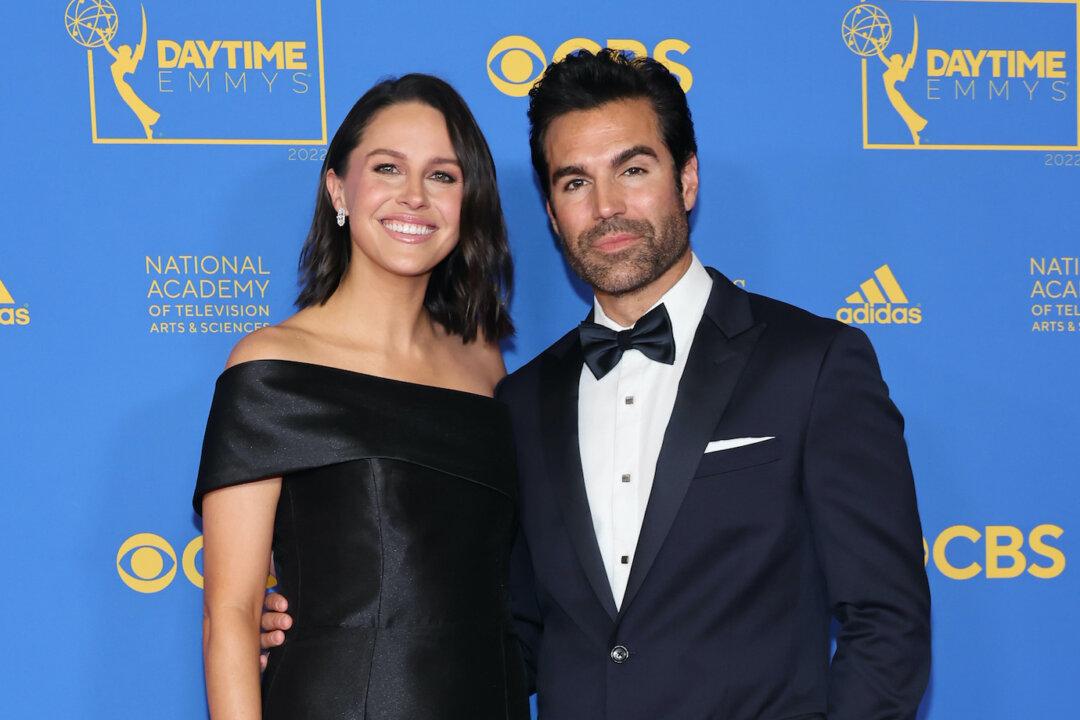The Walt Disney Company’s latest animated feature, “Wish,” badly misfired over the traditionally strong movie-going Thanksgiving weekend, extending the studio’s already bleak box-office returns.
While some analysts are noting a combination of factors behind the Disney’s latest poor showing, others equate the studio’s continued inclusion of sexualized and other inappropriate themes in its content for younger viewers to much lower ticket sales. Regardless, the drop in movie ticket revenue has rippled down to film distributors.





